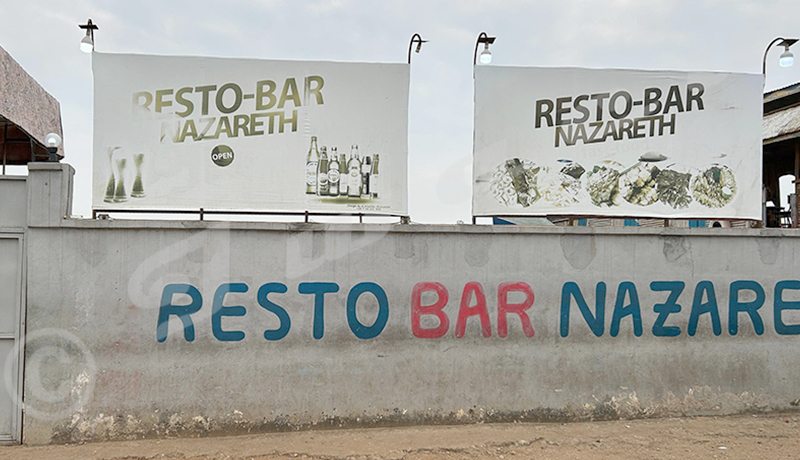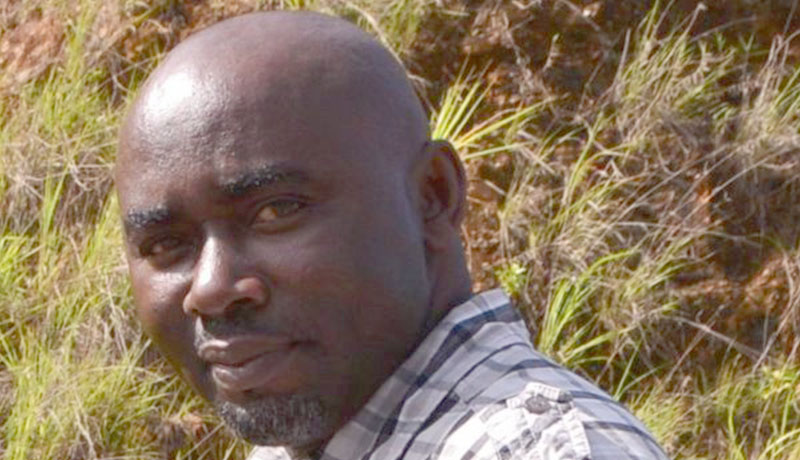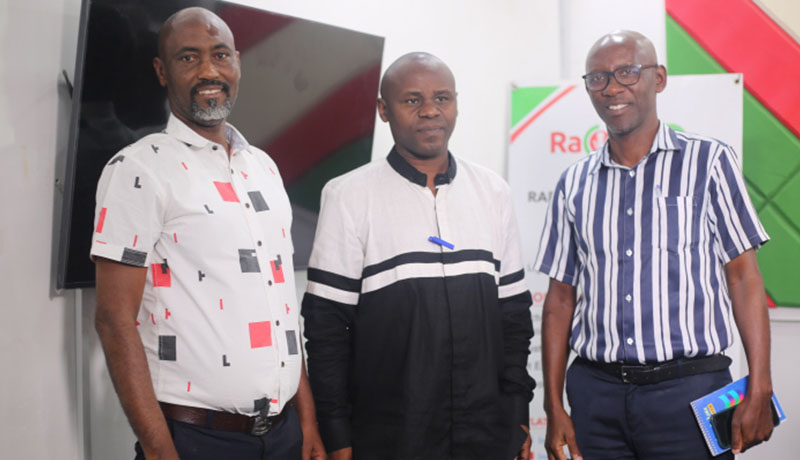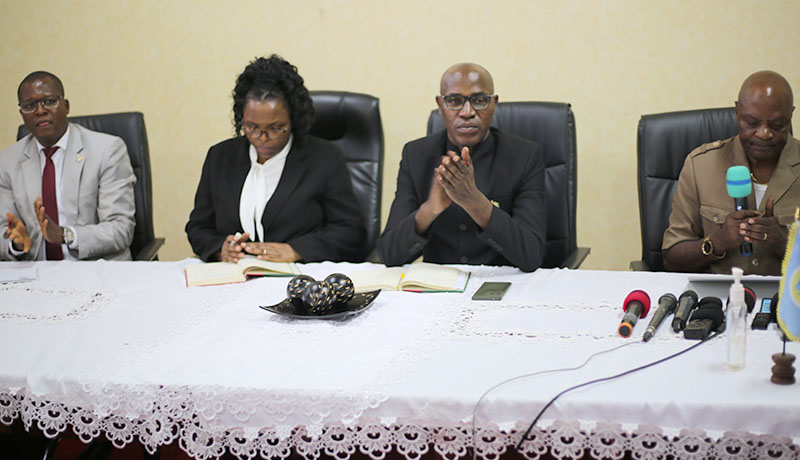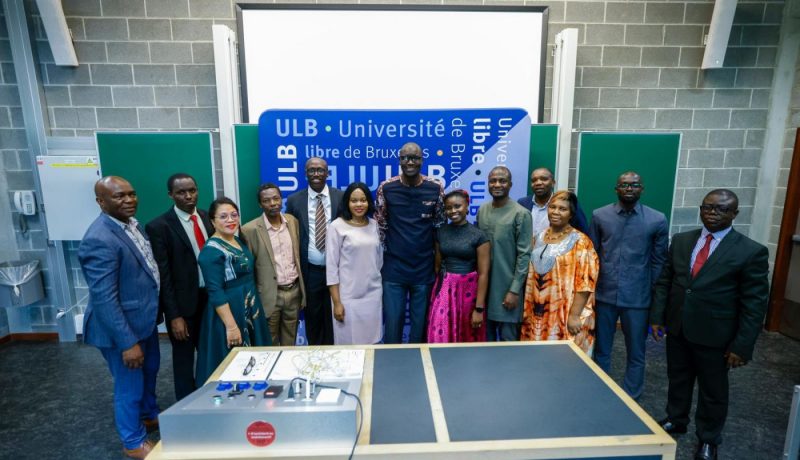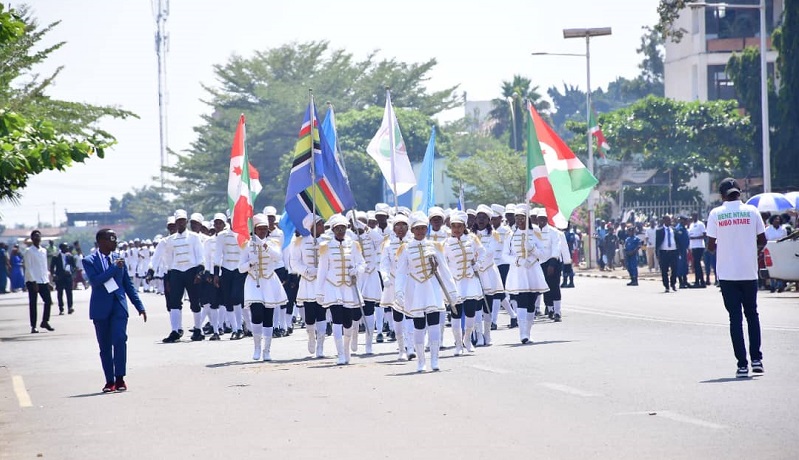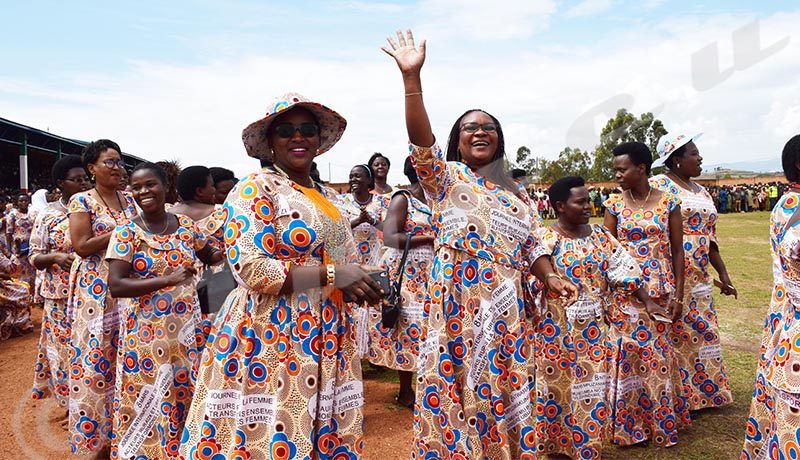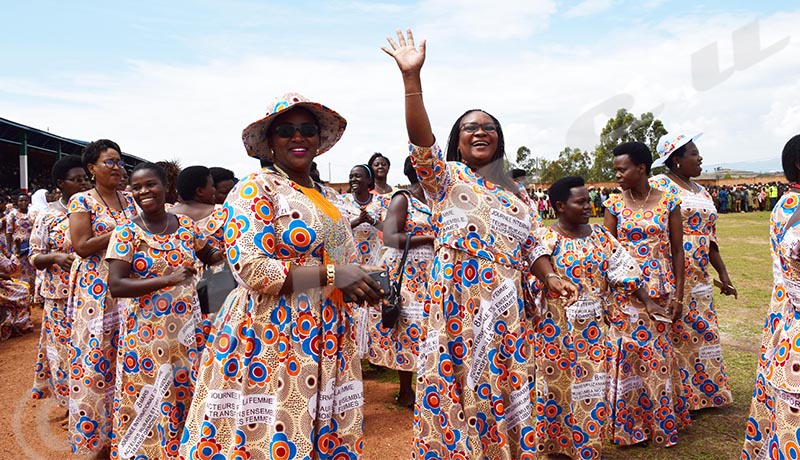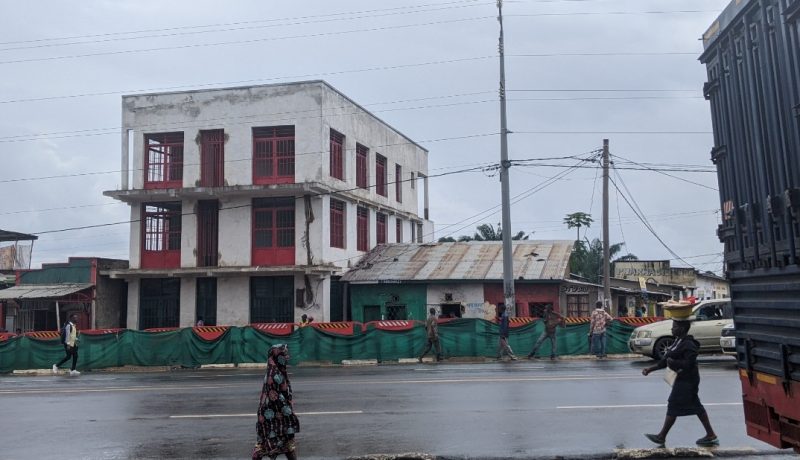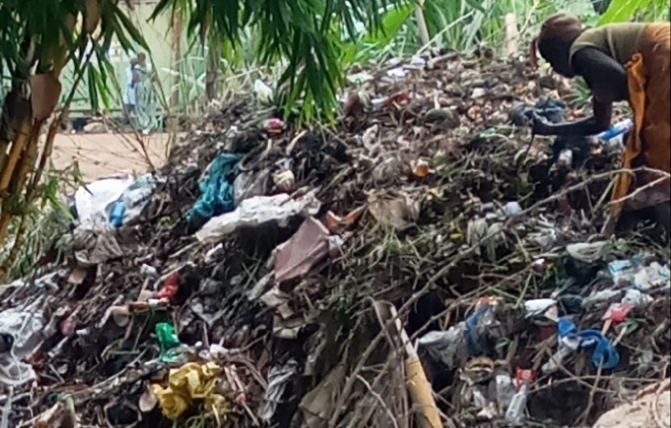More than 15 years of social and political conflict have ravaged my country over the past two decades. These periods of instability and violence have left their imprint on Burundi’s economy and social fabric. Few families were spared the conflict and the trauma that it spawned. The legacy of this dark chapter of Burundi’s history is still felt in Burundians’ daily life.
The conclusion of the Arusha Peace Agreement in 2000 paved the way for a gradual transition to stability and peace. Transparent and democratic elections were held in 2005 and were followed by a programme to rebuild the country, compiled in the first Poverty Reduction Strategy Paper. Citizens who had been displaced by the conflict gradually returned to their homes. At the same time, hundreds of thousands of Burundian refugees returned to their motherland. Several thousand public schools and other infrastructure facilities were rebuilt and others were constructed through community development works. A variety of social programmes were reinstated with the aim of improving health conditions. Other initiatives were adopted in order to further create decent living conditions for people. Among them, I would mention free schooling at the primary level, as well as free healthcare for children under five and for pregnant women or women giving birth.
Currently, an assessment of the years of post-conflict reconstruction points to progress, despite the fact that the challenges remain legion. Economic growth rose from -1.2 per cent in 2003 to +4.2 per cent in 2011, and maternal and infant mortality rates have plummeted.
Yet, poverty is a stark reality in many families
Burundi is a country rich in talent, natural resources, and economic opportunities. Its people are determined and hardworking. I cannot say it enough: The citizens of my country have demonstrated an indomitable will to embark on a path leading to a brighter future. The government of Burundi has just finalised the second Poverty Reduction Strategy Paper (PRSP II). This flagship document outlines the country’s development priorities through 2016. We have targeted, on a priority basis, the energy, infrastructure, regional integration, trade, and tourism sectors, along with the private sector. We will also provide robust assistance to the agricultural sector, which employs more than 90 per cent of the working population. The education and health sectors, essential to the population’s wellbeing, are also emphasised.
A conference of Burundi’s development partners is taking place in Geneva on October 29 and 30. Its aim is to allow potential investors and donors to seize the potential and opportunities tied to Burundi’s future development.
One of Burundi’s major challenges is infrastructure development, its energy supply in particular. A wealth of potential remains untapped and studies so far undertaken have shown positive results: Burundi’s hydroelectric potential stands at 1,700 MW, while its exploitable potential is 300 MW. In addition, our country is among the top 10 in the world for nickel reserves.
The government of Burundi is cognisant of the fact that an investor-friendly environment is crucial. For this reason, it has launched far-reaching reforms in the areas of public finance management and is putting in place the legal mechanisms necessary to protect investors, promote good governance, and wage a relentless war on corruption.
These are all signs that a change process conducive to development is underway, and that the government is equally aware of the importance of transparency in its actions in order to achieve sustainable development that is inclusive of all citizens. There are multiple challenges but we have the firm determination to meet our goals with the indispensable support of our partners in the international community.
Burundi has already made commendable progress over the past seven years, as evidenced by the country’s recent ranking in Doing Business 2013, as well as the most recent Transparency International report which, one or two years earlier, had ranked Burundi last. These impressive results, obtained through the sweat and determination of all the people of Burundi, are encouraging. I can assure you that Burundians will never give up their determination to build a prosperous land where, if I may borrow an expression from our ancestors, “milk and honey flow.”
Without a doubt, this conference in Geneva will be decisive for the future of Burundi. We intend to send a clear signal — one of a nation burning with ambition and brimming with potential; one rich in natural resources and human talent. This is an important step in our country’s march to development.
